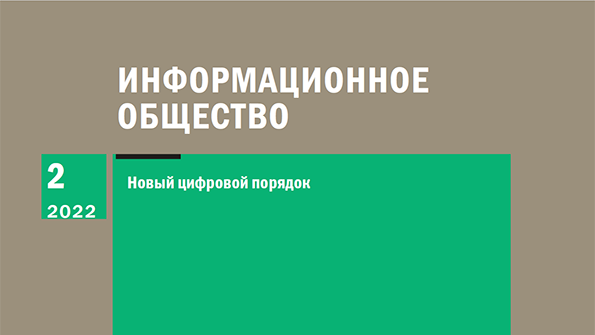Time flows – eras, technologies and centers of influence change, but there have always been and will be unshakable things that we remember from time to time. I now remembered the “Conversations” of Plutarch, the ancient Greek writer and philosopher of the Roman era, who lived almost two thousand years ago and left behind a rich literary, philosophical and, as we would put it today, journalistic heritage. In the work “The Feast of the Seven Wise Men” by Plutarch, it is described how once Periander, who ruled Corinth, convened learned men at his place so that they could speak intelligently among themselves at the meal. The reason for the conversation was the dispute between the Ethiopian and Egyptian kings over one border area. In order not to fight, they decided to compete by asking each other riddles.
The wise men reasoned and decided that the answers to these riddles were not very successful. Then one of them, namely Thales of Miletus, got down to business, and this was his version of the answers to the most important questions: “The most beautiful thing is the universe, for everything that is harmonious enters into it as a part. The biggest thing of all is space, because the universe embraces everything else, and space embraces the universe itself. The most reasonable thing is time, because it has already revealed something, and it will open something else. The most essential of all is hope, for even those who have nothing else have it. Virtue is most useful, for it makes good use of things and makes everything useful. The most harmful thing is vice, for it spoils things most of all by its presence. The strongest of all is inevitability, for it is unshakable.”
The words of Thales, even in our difficult times, can set anyone in the right mood: do not lose hope for the best, do your job virtuously and accept the inevitable, no matter how it may seem to us today and now. After all, a reasonable time sooner or later will put everything in its place. Therefore, we continue to serve our country and our community of interested researchers and specialists, working with new articles.
The second issue of 2022 is distinguished by great thematic diversity: in addition to the most popular headings “Digital economy”, “Information society and state power”, “Education in the information society”, “Information Society and law”, it presents works in the headings “Fundamental research in the field of information society”, “The human in the information society”, “Information Society and mass vedia”, “Sports and tourism in the information society”, as well as “Foreign experience. International cooperation”. Here are collected articles by authors from Moscow, Nizhny Novgorod, Novosibirsk, Perm, St. Petersburg, Ulan-Ude and Vladivostok, as well as the work of our Baku colleagues from the National Academy of Sciences of Azerbaijan.
Among the authors of the issue are three doctors and ten candidates of sciences, as well as their young colleagues, whose academic degrees and titles are just ahead. The appearance of the results of research by erepresentatives of the Moscow State Institute of International Relations (university) of the Russian Ministry of Foreign Affairs, as well as the Institute for Research on International Economic Relations of the Financial University under the Government of the Russian Federation in our portfolio is quite indicative. Now when the world economic landscape is changing, this kind of work can be extremely useful and interesting for our audience. Time opens new doors for us.
All content of the issue is available on the journal’s digital platform.
